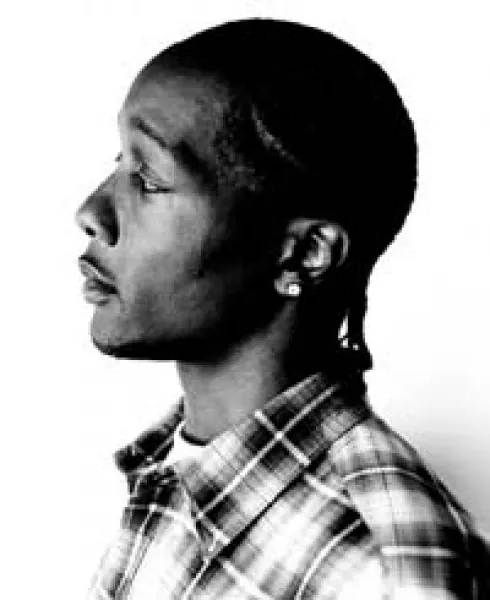
Dj Quik
Top Dj Quik albums
Top Dj Quik lyrics
Dj Quik biography
Like many of his West Coast gangsta peers in the early '90s, DJ Quik's career began wonderfully before slowly descending with each pa**ing year. In 1991, when a 20-year-old Quik debuted on Priority Records, West Coast gangsta rap reigned and his label controlled the rap industry. These factors, coupled with Quik's production abilities, resulted in a very successful debut album, Quik Is the Name. The album did well on the charts and won favor on the streets. Quik had become one of the rap industry's most promising talents. Like Dr. Dre, he embodied everything that characterized West Coast gangsta rap and he could both write, rap, and produce his own albums. br /br /By the late-'90s though, when gangsta rap fell out of favor and Quik's albums began to sound increasingly predictable, many tagged the artist as a has-been, something that had happened to most early-'90s gangsta rappers. Rather than retire, Quik turned to production and reclaimed some of the glory he had experienced in the early '90s. He produced songs for such artists as Kurupt ("Can't Go Wrong"), Xzibit ("Sorry I'm Away So Much"), Eightball & MJG ("Buck Bounce"), and Truth Hurts ("Addictive"), with several songs being sizable hits. br /br /While practically still a teenager, Quik began his rap career at the dawn of the '90s in Compton, CA, where he was born and raised alongside Dr. Dre, Ice Cube, Eazy-E, MC Eiht, Above the Law, and numerous other Los Angeles rap artists. Like many of these peers, he recorded for Priority Records. His debut, Quik Is the Name (1991), launched his career well, spawning two sizable hit singles: "Born and Raised in Compton" and "Tonight." The two songs charted Top 20 on Billboard's R&B chart, the latter even charting pop. The hits drove his album into the Top Ten on the album chart and Quik suddenly rose to the top of the rap industry at a very young age. br /br /Unfortunately, his success went downhill from there. Quik released several successive albums throughout the '90s, but none of them came close to matching the success of his debut. By the early 2000s, most of his initial fans had long abandoned him and his releases became increasingly rare. Many criticized him for being formulaic, while others for lightening his style. Arista finally dropped him following the lukewarm reception given to his Balance & Options album (2000). br /br /Despite these struggles, Quik excelled as a producer. Songs like "Buck Bounce" (Eightball & MJG, 2001) and "Addictive" (Truth Hurts featuring Rakim, 2002) became huge hits and Quik reclaimed much of the success that had long evaded him in the late '90s. He furthered his solo career -- with 2002's Under tha Influence and 2005's Trauma -- and worked with a variety of collaborators, most notably Dr. Dre. Furthermore, he abandoned his longtime West Coast style for a more unique sound that was very much his own. ~ Jason Birchmeier, All Music Guide
